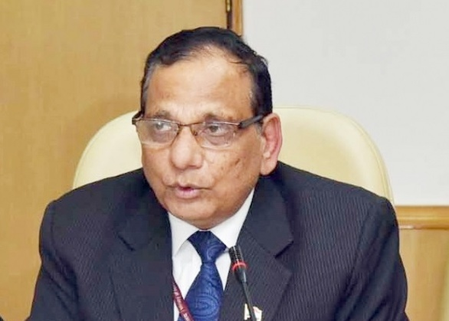New Delhi, 2 June (IANS). Member (Health) of NITI Aayog, Dr. (Prof.) V.K. On Monday, Paul issued a study on lack of sleep in the national capital, saying that one-fourth of our school children are deprived of proper sleep, increasing the risk of mental and physical health problems in them.
In a study conducted jointly by the National Health System Resource Center (NHSRC) and Sir Ganga Ram Hospital under the Ministry of Health, the prevalence of sleep deficiency in school going to school at 12–18 years of age and how it affects cognitive functions was focused.
Paul said, “Sleep is important for brain functioning, strong immunity, best performance and memory. It is a fundamental biological requirement.” He advised to get at least seven-eight hours of sleep.
He said, “The effect of sleep lack in school children has become an important issue in today’s educational environment.”
He referred to disorientation, especially screen time, which is a significant obstacle in sleep.
Paul emphasized “the need to promote positive sleep to make children more intelligent, competent and skilled”.
The expert urged health professionals and policy makers to work together to improve the sleeping condition of children and youth in the country.
Meanwhile, the findings of the study showed that 22.5 percent of teenagers are deprived of sleep, which is a significant concern for mental and physical health.
60 percent of the participants involved in the study showed symptoms of depression while 65.7 percent of adolescents saw a minimum of medium level cognitive weakness.
The study has shown that in addition to screen time, the school’s routine and family habits also affect the quality of sleep and contribute to unhealthy in the day time.
“The findings of the study highlight a worrying pattern. Many teenagers are not getting enough sleep, which is closely associated with poor concentration, emotional imbalance and poor educational performance,” said Dr. Latika Bhalla, Senior Advisor to the Child Health Institute at the hospital.
The study emphasized that schools, families and policy makers are immediately needed to consider sleeping health as necessary for adolescent development. It also highlights the immediate need for mental health intervention between children and adolescents.
-IANS
PAK/AK






